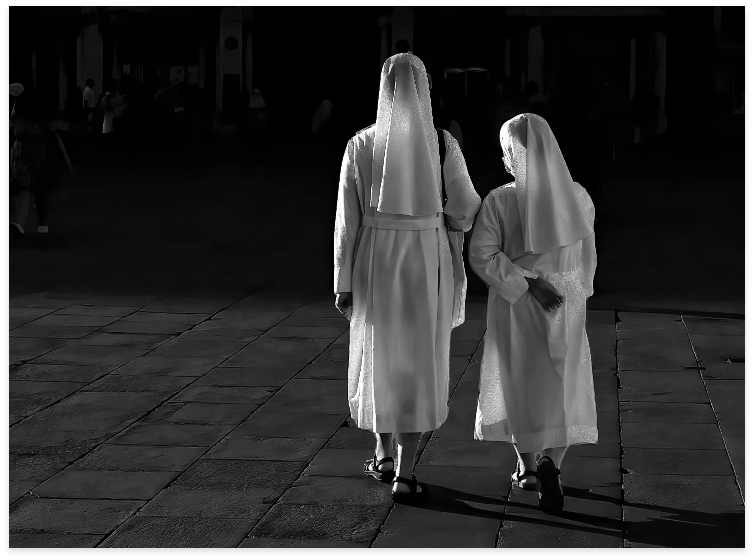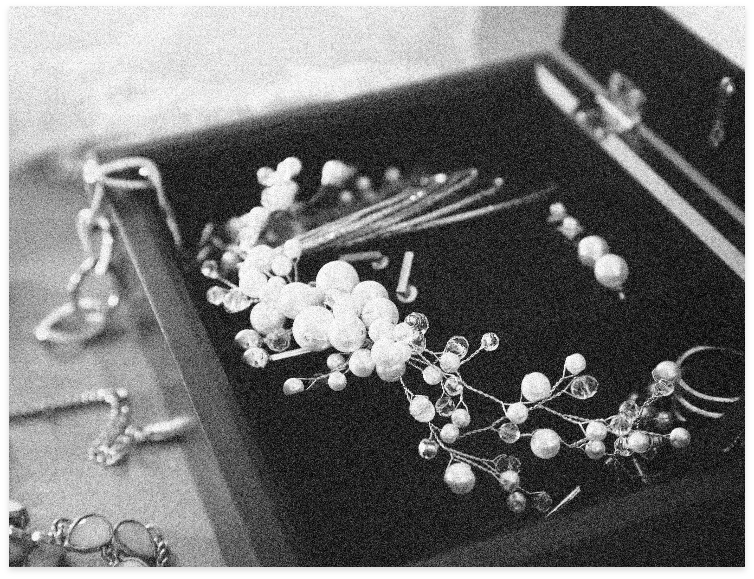ROSIE POLKENFELD | CHAPTER 3
THE TASTE OF FREEDOM
Liberated By English Soldiers, Soothed By German Nuns.
When English soldiers liberated the concentration camp Rosie had lived in for years, she and her cousin were so frail they were moved to a hospital for treatment.

While at the hospital, two German nuns took to the young women and began to touch their hair and tell them, in German, “It's a beautiful day.” Because of the conditions she had endured, it was difficult for Rosie to celebrate.
“My mental condition when the war was over was so poor that I had no emotion when we were told that we were liberated”
The nuns would continue to care for the women, seeing them every day to comb their hair, help them wash up and make sure they had enough to eat. Rosie was free, but she believed she was saved by the care the nuns gave her.

After regaining her strength, Rosie decided to return to Romania in search of her grandfather's home. She walked for days, and crawled through the grass for some so her striped clothing would not give her away, to reach the small village where her grandfather lived.
When she arrived, she learned she was one of five of her cousins who had survived the Holocaust. Before the war, there were 72.


